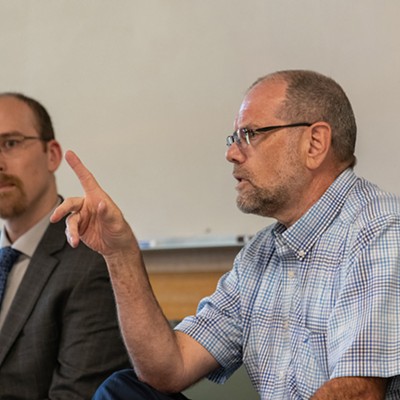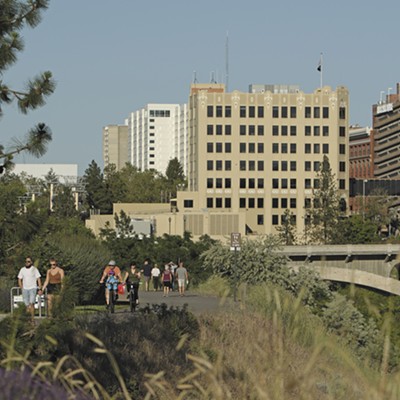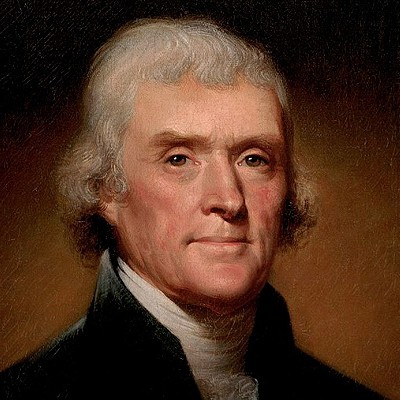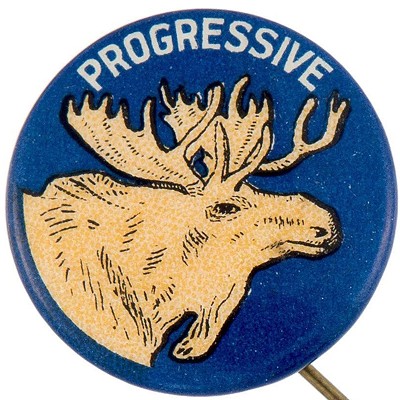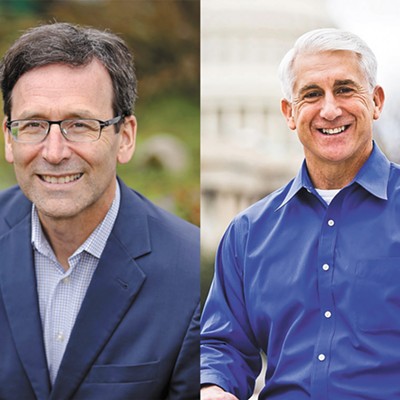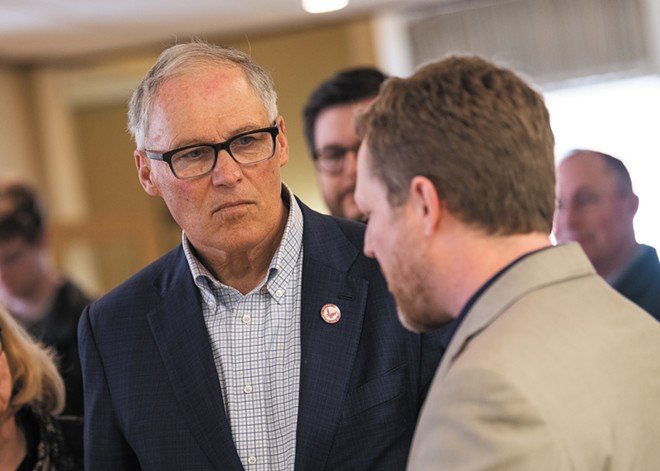
A year out from election day, Jay Inslee always looked beatable but ultimately closed the deal with voters.
The political carcasses of Republican nominees litter the road to the governor's mansion. I know, mine's lying there somewhere.
Washington hasn't elected a Republican governor in over 40 years, but some believe Dave Reichert, the presumed 2024 Republican nominee, will break the glass ceiling.
That hope is supported by a recent poll commissioned by the Northwest Progressive Institute that suggests Reichert leads Bob Ferguson, the presumed Democratic nominee.
For those supporting Reichert, that beats a kick in the shins, but before dancing they'd be well served to remember Republican candidates finding themselves in the lead or tied months before the election is not unusual.
Perhaps that's why the Ferguson campaign pointed out that "Inside Elections declared this race a 'battleground,' so this poll doesn't surprise us." Then looking forward many months added, "With thousands more donors than all other candidates combined, Bob has the grassroots support needed to win this tough campaign."
State Democratic Party Chair Shasti Conrad similarly shared that "polls a year out from the election should be viewed with a boulder size grain of salt... My hope is that it will wake up our folks and help Democrats realize we are going to have to fight for every vote."
Ditto, state Republican Party Chair James Walsh, who told me the poll "should be taken — like all polls — with a grain of salt." But he pointed out the poll documents that Republicans are more excited about Reichert than Democrats are about Ferguson. Perhaps that's why Conrad hopes the poll will wake up Democrats.
Regardless of whether this poll should be tossed over a shoulder, it has elevated Republican excitement. Since 2008, in governor's races 46% to 48% of the vote is a normal Republican showing (exempting 2020, which was abnormal). Many Republicans hope that Reichert already scraping that ceiling with 46% portends its shattering.
But is that hope well placed?
In February 2012, an Elway poll had Republican nominee Rob McKenna at 45%, trouncing Democratic nominee Jay Inslee at 36%. Nine months later, Inslee won. In January 2016, my own campaign was psyched when an Elway poll showed incumbent Governor Inslee polling not only below 50%, but below 40%. I trailed the incumbent by only 9 points with a third of voters undecided. Later that spring, our internal polling showed me tied with Inslee in key bellwether Seattle suburbs. Then Republicans nominated Trump and suburban undecided voters who skewed Democratic anyway, stampeded home to Inslee. I topped out just below the ceiling.
My intent is not to dump ice water on Republican excitement but to ring my own wake-up call: In the past, months before the election, Republican candidates have polled strongly, then lost.
Republicans also should recognize Ferguson's slow-grind momentum. In 2019, a Chism Strategies poll showed me (not that I was running) trouncing both Ferguson and the combined Democratic vote. A few years later, a similar poll showed Republican Pierce County Executive Bruce Dammeier (not that he was running) trouncing Ferguson and tying the combined Democratic vote. But since then, Ferguson has campaigned in every Washington county. Those miles and handshakes and dinners are paying off. A poll conducted last June by the business organization Enterprise Washington showed Ferguson beating Reichert.
Then Reichert hit the trail, and polling now shows Ferguson and Reichert tied in a primary, with Reichert beating Ferguson in a general election.
That's good news for Reichert, but the poll also shows Reichert already has most of the Republican votes. That means to shatter the ceiling, he must convert Democrat-leaning undecided voters. Alternatively, Ferguson can pick up a few points by convincing indifferent Democrats to vote, and Democrat-leaning undecideds to stick with him. Reichert's path is steeper.
Democratic consultant Ben Anderstone picked up on this as well. He told me, "Reichert would look even better if there were more undecided Republicans. It looks likely that the undecideds skew Democratic, which makes Reichert's 2-point lead precarious."
What adds to the precariousness is there aren't many undecided voters. Unlike previous elections where at this time 20% to 30% of voters would be undecided, this poll suggests only 9%, about 360,000 voters, lack a preference.
Adding even more precariousness to Reichert's lead is that, based on my experience, those 360,000 people aren't thinking about next year's election; instead they have bills to pay, scout meetings to run, races to train for, treats to buy for soccer practice and aging parents to look after. Reading a brochure someone left on their door or an email languishing in their junk folder, or spending more than two seconds on a social media ad ain't happening.
Reaching these undecided voters takes two things. The first is money. They need to receive multiple messages on their doorknob, their social media feeds, and their radio, television, and phone. That costs, and in the funding race, Ferguson is miles ahead with about $3.9 million in the bank compared to Reichert's $560,000.
But while it takes money to reach undecided voters, issues can convert them. These voters won't start paying attention until we see jack-o-lanterns again, but when they do stare at their ballot, they will make their decision based on the issues they care about.
As political commentator John Carlson pointed out about Washington state, "the Republican brand isn't popular, but Dave Reichert is. The Democratic brand is more popular, but Bob Ferguson is not. If the issues trend Reichert's way, he could be the first Republican governor in 40 years."
Carlson's right. If the issues undecided voters care about 11 months from now are crime, homelessness, public safety, and the rising burden of taxes and regulations, then Reichert shatters the glass ceiling.
But if Trump, democracy and issues like reproductive freedom and health care are what these 360,000 voters care about next fall, then Ferguson extends the Democrat's sweep. ♦
Bill Bryant, who served on the Seattle Port Commission from 2008-16, ran against Jay Inslee as the Republican nominee in the 2016 governor's race. He is chairman emeritus of the company BCI, is a founding board member of the Nisqually River Foundation and was appointed by Gov. Chris Gregoire to serve on the Puget Sound Partnership's Eco-Systems Board. He lives in Winthrop, Washington.






